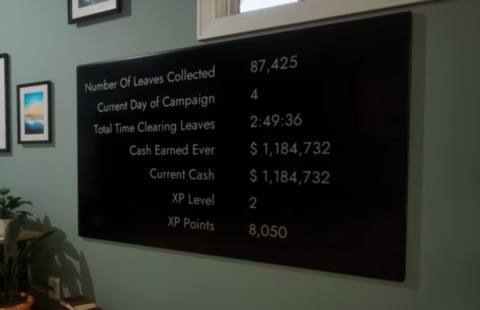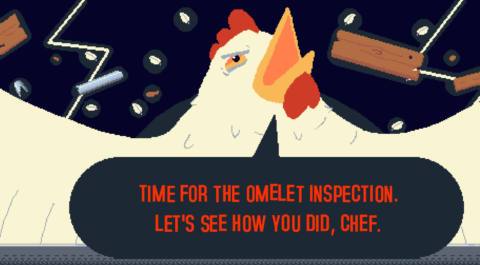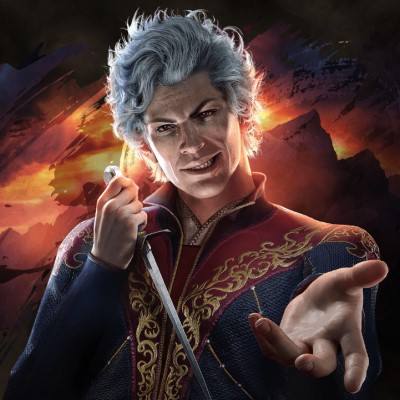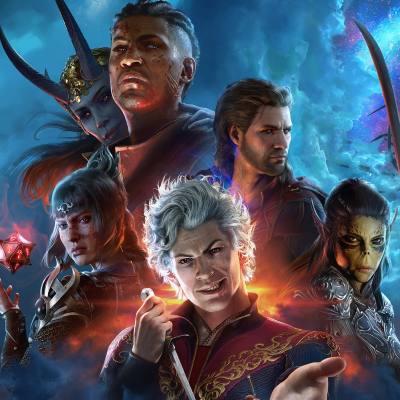Less than a year after being shuttered by Microsoft, Hi-Fi Rush studio Tango Gameworks is officially back from the dead. The resurrected developer, now owned by Krafton and operating under a very-slightly-changed name, announced “a new start” in its first post on X since revealing its surprise closure in May 2024.
“Tango Gameworks studio has been reborn as Tango Gameworks Inc, proudly joining Krafton Inc,” the studio wrote. “We're excited to continue crafting games that bring joy to players around the world. Thank you for your continued support as we embark on this new journey.”

Krafton's takeover of Tango was announced in August 2024, just a few months after Microsoft's shocking closure of the studio—”shocking” because it came just a year after Microsoft VP Aaron Greenberg said Hi-Fi Rush “was a breakout hit for us and our players in all key measurements and expectations. We couldn’t be happier with what the team at Tango Gameworks delivered with this surprise release.”
Microsoft has never really clarified why it chose to pull the plug on Tango—which, along with Hi-Fi Rush, had also found success with The Evil Within games and Ghostwire: Tokyo. As PC Gamer's Rich Stanton wrote at the time, Xbox leadership has never given us a straight answer about how it went from “couldn't be happier” to “can't be bothered” in the space of just a year. Money (as in, not making enough of it) was presumably a big factor, but unceremoniously lopping off one of your prestige studios so soon after singing its praises does not do great things for your credibility. Then again, the axe that claimed Tango Gameworks also fell on Arkane Austin, so it's probably fair to say that “prestige” isn't too high on Microsoft's list of priorities.
It does appear to be a consideration of some importance for Krafton, though. CEO Changhan 'CH' Kim said in September 2024 that “we don't think Hi-Fi Rush 2 is going to make us money,” but Krafton wanted the studio anyway “to maintain their legacy.”






